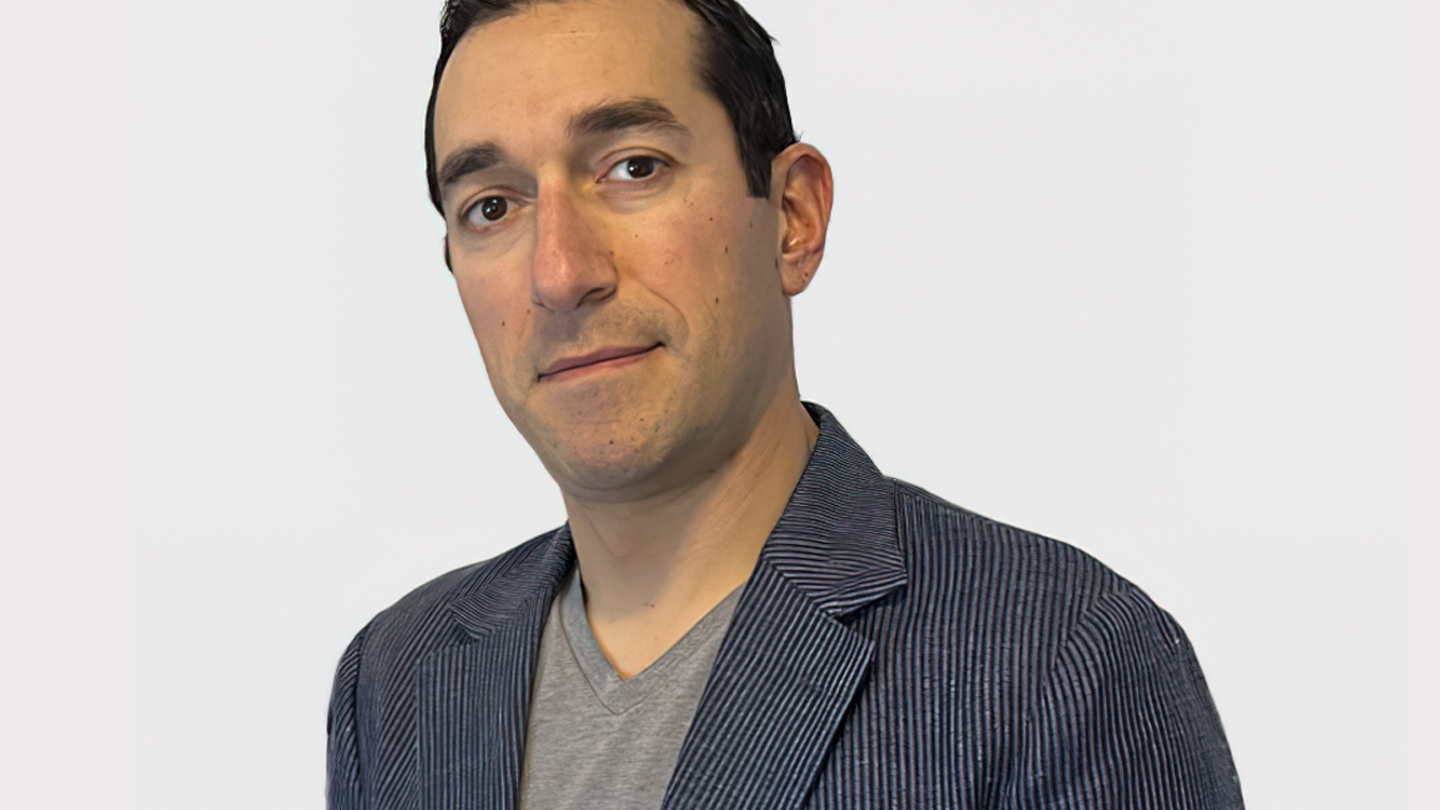Dan Carreno ’04
 Director of business development
Director of business development
Ethos ESG
Dan Carreno spent 13 successful years working for a respected asset manager on Wall Street, falling into what he describes as the “giant whirlpool of the New York financial industry.”
“It was a great place to be and kind of lucrative. You think about all of these things when you work on Wall Street,” he says. “But after doing that for a long time, you get to the point where you realize that the financial system is extractive and not always presenting value to Main Street America in a way that you may have thought it was.”
Carreno grew disillusioned with the scope of the industry, which traditionally embraces mutual fund investors who are often more focused on their returns than the institutions that make up their portfolios.
He stepped out of the whirlpool in 2017 and went to grad school for a degree in environmental policy and management, guided by a personal philosophy that, after being given so much, it was time to contribute to the greater good.
“Coming out of that it was really interesting to marry my experience in finance with this new education, if you will, and realize that financial markets can create a lot of positive change, if you’re willing to commit to that and grow that part of the market,” he says.
In December 2021, Carreno found just the place to consummate his experiences, Ethos ESG, a Minneapolis firm that helps investors design their portfolios with companies that align with their principles and beliefs. As director of business development, he looks for businesses with sustainable business practices, to provide clients with choices that support their tailored investment plans.
“It’s about democratizing this access to information and this style of investing,” he says. “We like to say it doesn’t matter if you’re a college endowment manager or a millennial who’s saving for retirement. Everybody should have access to meaningful information about how the companies that they invest in are impacting the world.”
An example of that, Ethos ESG recently secured a partnership with Women of the World Endowment, which seeks positive change for women and girls by harnessing the power of capital markets.
“What Ethos does is actually provide the data and the information that make all of these types of products possible,” he says. “Being with this company, as opposed to being on the asset management side, gives me a much wider platform, if you will, to try and affect positive change in the financial industry.”
A firm offering specific investment options such as Ethos was once very much a niche part of the financial industry, but it’s quickly become mainstream.
“Generally speaking, about a quarter to a third of all the investable assets in the world are invested under some kind of sustainable responsibility mandate, and that’s a significant chunk of money,” Carreno says. “And some of the research we’ve conducted signals that people are doing it for a variety of different reasons, which is great to see.”
Some investors take the sustainability route for practical reasons, such as risk control, and may avoid putting their money in companies that cut corners in their safety and environmental policies and end up with a costly disaster, he notes.
“And then there’s a category of investors that just want to see their personal values imprinted on their portfolios in some way,” Carreno says. “This is exactly where Ethos comes into play, offering that kind of data and that type of transparency so people can actually understand what they’re investing in and how it’s impacting the world around them.”
Startup firms like Ethos can help light fires under some of the established Wall Street players to guide them in a better direction, he says, adding, “Unfortunately, Wall Street can just be too monopolistic. And when they are, there are very few incentives for them to change.”
What pushes Carreno is a desire to shift assets and get them invested in companies with environmental, social, and governance mandates.
“Someday it may no longer be tenable for corporate managers to take advantage of people and damage the planet in the name of money and earnings,” he says. “When the sustainable investment industry was only 5% of all investable assets, the CEOs could just ignore it—95% of the world is still going to buy our stock as long as we put up the earnings. But now at 25% of the market, people are really starting to pay attention.”